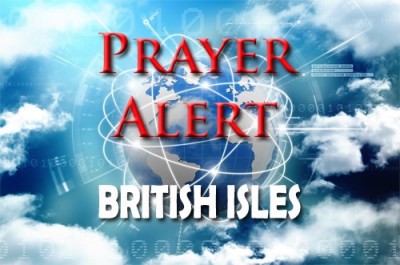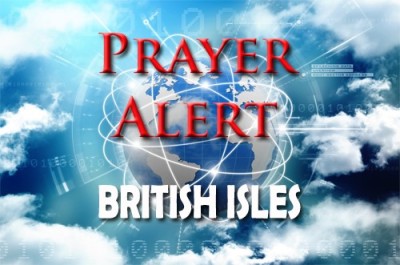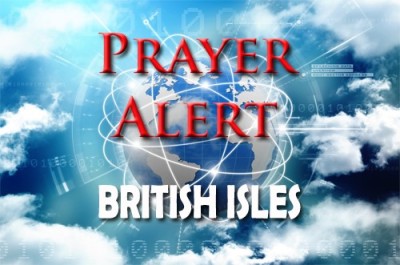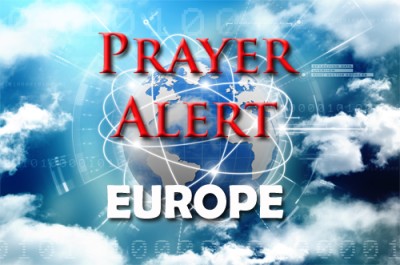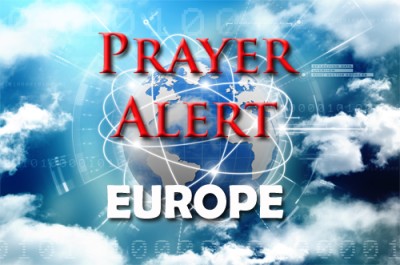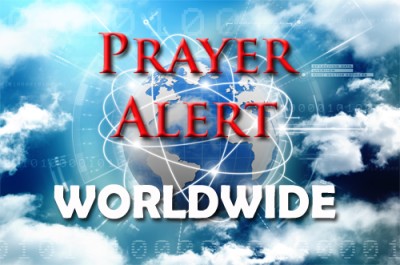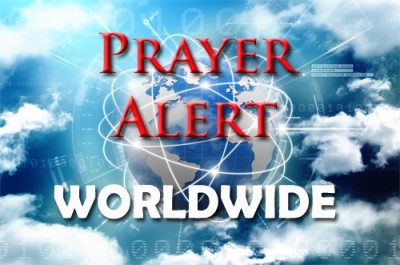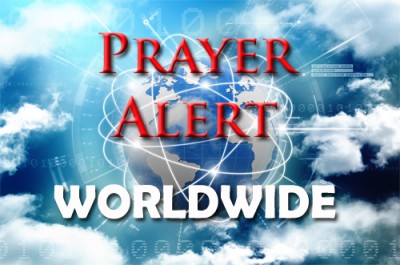New YouGov polling suggests large numbers of Londoners are prepared to vote tactically at the next general election to prevent Nigel Farage becoming Prime Minister. The survey indicates that in several potential Reform UK versus Conservative contests, voters may shift support strategically rather than back their first-choice party. In Outer London seats, Conservative support appears significantly stronger when tactical voting is factored in, while Labour and Liberal Democrat backing falls sharply in head-to-head Reform-Tory scenarios. In Labour versus Reform contests, Labour maintains a clear lead, with Conservative support collapsing. Where Labour faces the Conservatives, Reform voters appear willing to switch to the Tories, while Lib Dem and Green supporters may lend votes to Labour. However, Green voters show less inclination toward tactical shifts. The findings challenge earlier projections suggesting Reform could secure major gains or even a Commons majority.
At least 36 universities are facing compensation claims from more than 170,000 current and former students who argue they did not receive the full educational experience they paid for during the Covid pandemic. The legal action follows a confidential settlement between University College London and the Student Group Claim, which represents thousands of students on a no-win, no-fee basis. UCL has not admitted liability. The claims are being brought under consumer law, focusing on the difference in value between in-person tuition and remote learning. During lockdowns, universities shifted rapidly to online delivery, with limited access to campus facilities. Students on practical courses, including fine art and laboratory-based subjects, say they were particularly disadvantaged. Universities UK describes the pandemic as an unprecedented challenge requiring swift adaptation. Some institutions say they provided established routes for compensation at the time. However, legal firms argue students borrowed heavily at high interest rates for an experience that was significantly altered, and more claims may follow before the September 2026 deadline.
Far-right activist Tommy Robinson has announced plans for a new ‘Unite the Kingdom’ rally in central London, promoting the theme 'Four Nations. One Kingdom. Under God.' In a promotional video, Christian language and imagery feature prominently, echoing a previous rally in September which included public prayers, worship songs, wooden crosses, and banners declaring biblical slogans. Some Christian leaders have criticised the movement’s use of Christian symbols. One minister described it as an attempt to 'churchwash racism', arguing that the cross should represent Christ’s inclusive love rather than division. Former archbishop Rowan Williams was also among those condemning the earlier march. While it reportedly drew large crowds, a subsequent carol event saw lower attendance. The rally is scheduled for 16 May, coinciding with the FA Cup Final, raising logistical concerns for policing. The announcement follows Robinson’s claim that he left the UK after being named on an extremist target list.
After two days, negotiations between Russia, Ukraine and the USA ended without a ceasefire agreement, highlighting how far apart both sides remain. Discussions addressed military monitoring and possible prisoner exchanges, yet the central dispute over territory continues unresolved. Russia insists on control of the eastern Donbas region, while Ukraine rejects surrendering sovereign land and seeks security guarantees against future invasion. The status of the Zaporizhzhia nuclear power plant also remains contested. After years of war, millions remain displaced and daily attacks continue to endanger civilians. Diplomats describe the talks as substantive but difficult, with further meetings expected. European representatives have struggled to be included in the negotiations, and Zelensky said European participation was ‘indispensible’ for any final agreement. 24 February will be the fourth anniversary of the Russian invasion of Ukraine.
Across Europe, leaders face a difficult decision over Russian steel imports. Although finished steel was banned after the invasion of Ukraine, semi-finished steel continues to enter the EU because several countries rely on it for infrastructure projects. Nearly three million tonnes arrive each year, worth billions of euros. Some lawmakers argue these purchases indirectly strengthen Russia’s war capacity, while others warn that a sudden ban would harm industries and delay construction. Negotiations are now under way to decide whether imports should end immediately or continue until 2028 as previously planned. The debate reveals a deeper struggle: balancing economic stability with moral responsibility during wartime. The outcome could shape Europe’s unity, economic resilience, and witness to justice, reminding believers that political decisions carry spiritual weight.
While Donald Trump’s administration is pedalling back on American commitment to green energy, China is rapidly expanding renewable energy across its vast landscapes, building huge solar and wind installations to reduce reliance on fossil fuels. In some desert regions, solar panels are not only providing shade but also slowing land degradation, giving farmers renewed hope. The country now produces more solar panels than the rest of the world combined and aims to peak emissions by 2030 and reach carbon neutrality by 2060. Yet the transition brings tensions. Oversupply has hurt manufacturers, while some rural communities lose farmland or feel excluded from decisions. Concerns also remain about labour practices and environmental impacts linked to mining and construction. At the same time, coal still supplies much of the nation’s electricity, meaning the shift must balance economic growth with environmental responsibility. The changes show both promise and hardship as society adapts to a new energy future.
A major court case has just begun, designed to examine whether social media platforms are intentionally designed to keep children engaged in harmful ways. A young woman, ‘Kaley’, alleges that after she began using Meta and WhatsApp as a child, she developed anxiety, distorted body image, and suicidal thoughts after prolonged exposure. Company leaders argue they implemented safety measures and relied on research showing mixed evidence about mental health harm. Parents, however, say their children were exploited through addictive features and inadequate age protections. The trial, which started by cross-examining Mark Zuckerberg, might influence hundreds of similar cases and could force changes to how social media platforms operate. The debate raises broader concerns about technology, profit, responsibility, and the wellbeing of young people growing up online.
In western Syria, families live with fear after reports of kidnappings targeting women from the Alawite minority. Survivors describe being seized by armed men, beaten, threatened, and sometimes assaulted while held in secret locations for days or weeks. Human rights groups have recorded dozens of cases since the overthrow of Bashar al-Assad (an Alawite) in December 2024, but many families say the authorities have failed to investigate properly. Some victims were questioned about their identity and accused because of their background, leaving deep trauma and stigma. Several families fled their homes, afraid of retaliation if they spoke publicly. Even after release, women struggle with nightmares, broken relationships, and isolation. The crisis highlights how instability can expose vulnerable people to exploitation and revenge.
